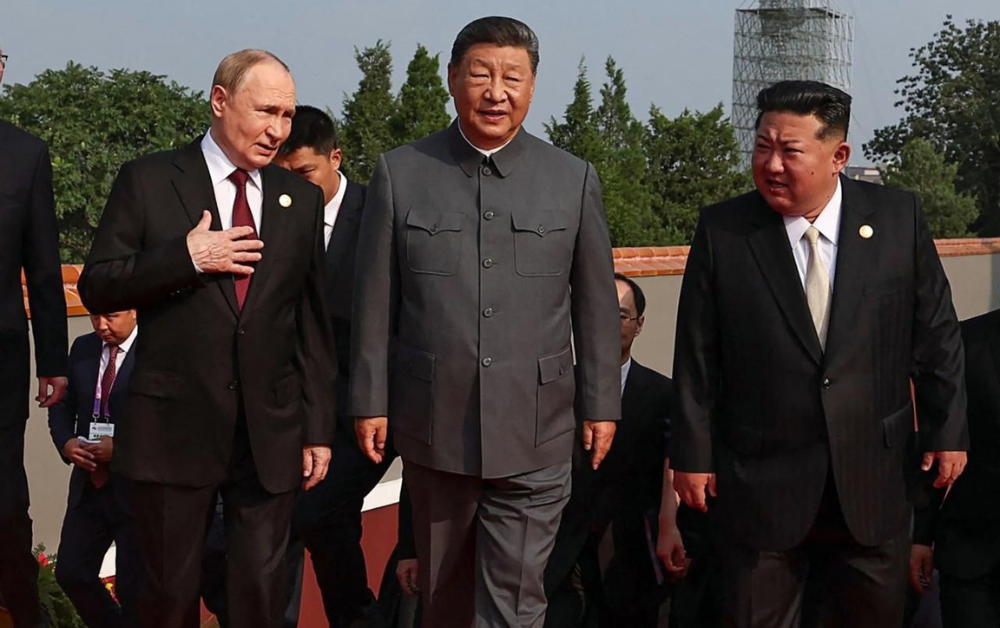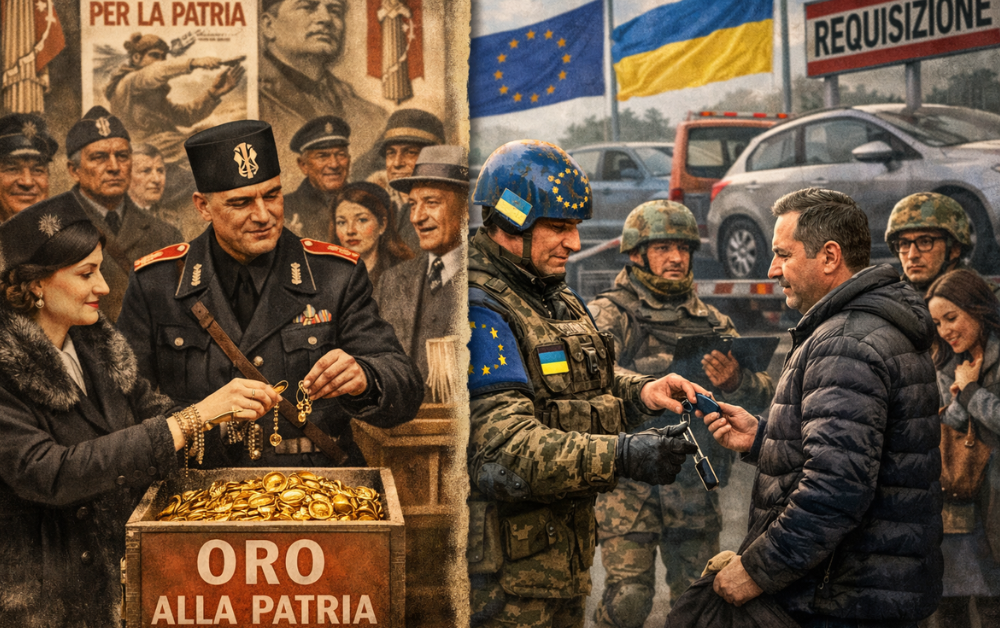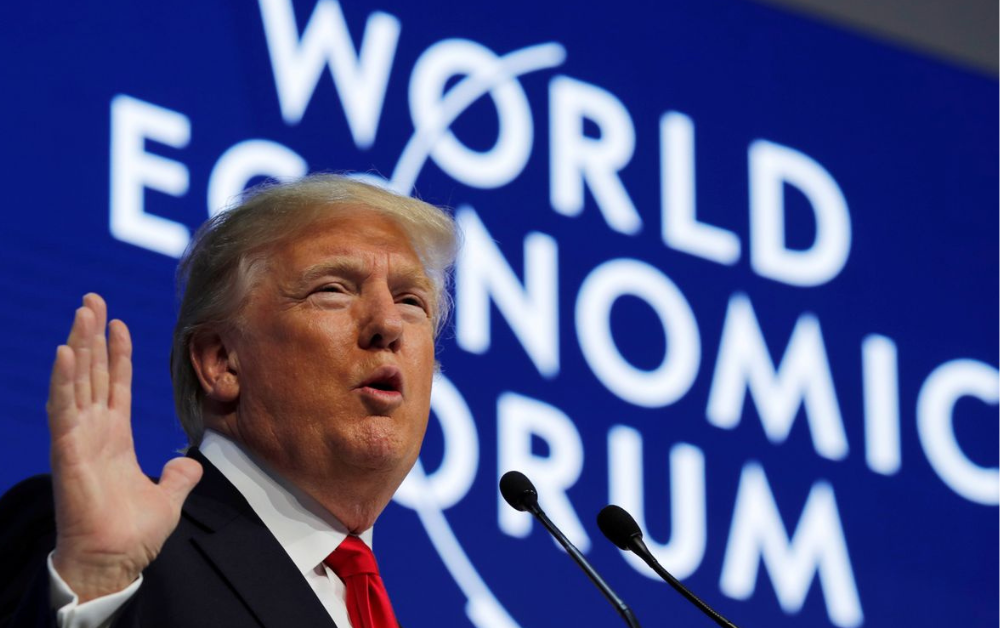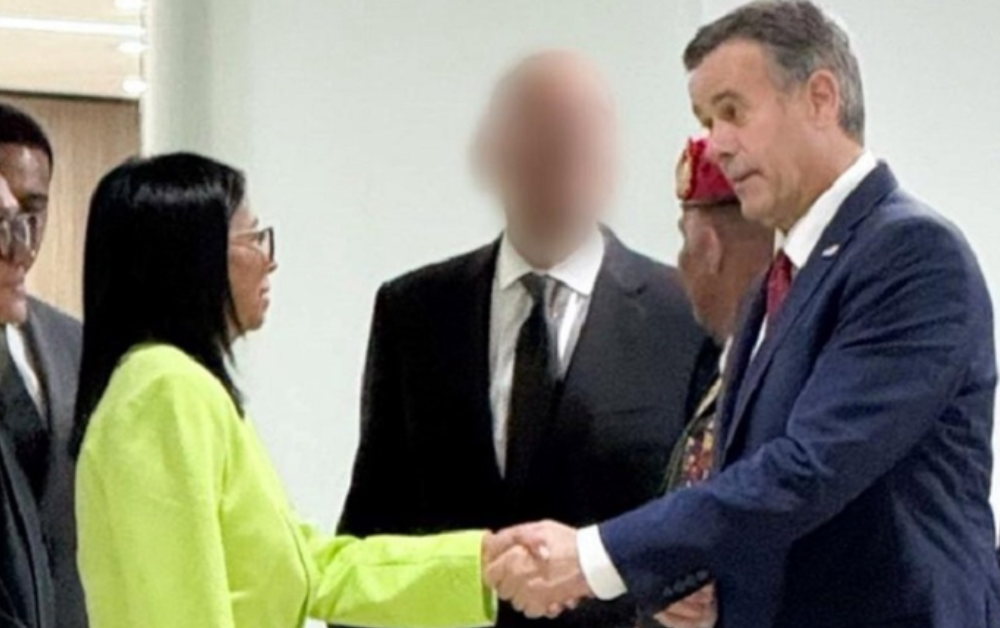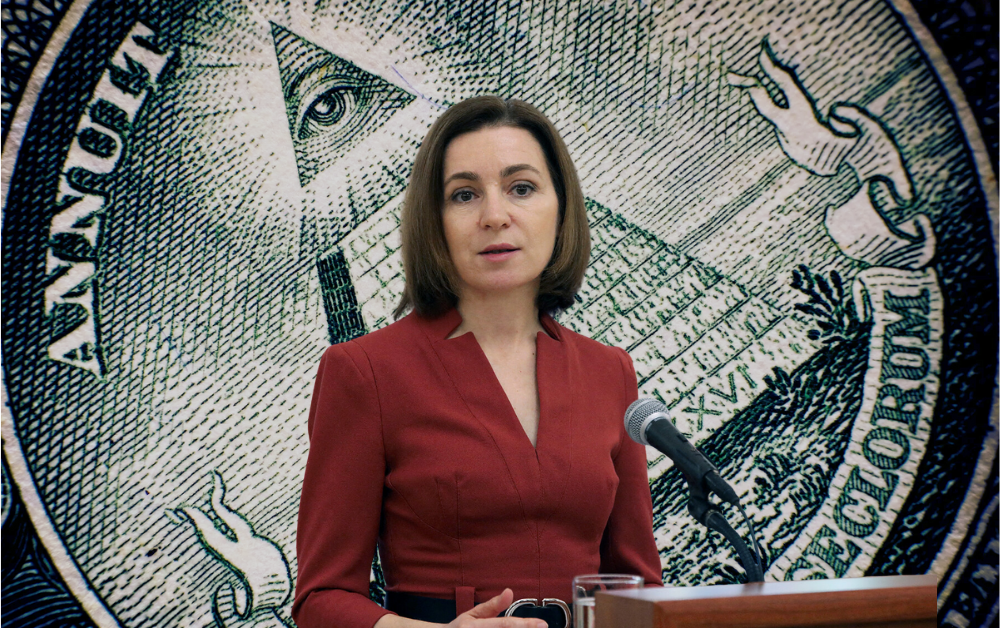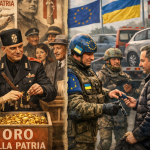The ceremony marking the 80th anniversary of victory in World War II in China has just concluded in Beijing. This solemn commemoration cannot be separated from the historic meeting in Tianjin during the Shanghai Cooperation Organization summit. The actors have changed: a symbolic shift from Modi, the Indian leader, to Kim Jong-un, leader of North Korea. A transition from a predominantly economic context to a clearly military one, reflecting a multipolar world without any single dominant actor.
This was also evident in the ironic, though not entirely unserious, remarks of U.S. President Trump, who sent congratulations to Xi Jinping while asking him to pass along greetings to Putin and Kim Jong-un, whom he accused of “conspiring against the United States.”
It was a clear signal of Washington’s growing anxiety over the emergence of a new balance in Asia, reinforced by the expansion of BRICS and the increasing interconnection between Russia, China, and North Korea.
Italian media responded to the parade with alarmist and emotional tones: Corriere della Sera called it a “three-act show,” highlighting its theatricality and symbolic display of power, while La Repubblica wrote “China flexes muscles with tanks and space weapons,” framing the parade as a direct challenge to the United States and Europe. Federico Rampini, writing for Corriere, denounced Xi’s supposed historical revisionism, aimed at rewriting Japan’s surrender and turning the ceremony into ideological propaganda.
In reality, it is the West itself, and particularly the European Union, that is challenging the rest of the world, with its absurd rearmament plan which, aside from being largely useless, represents a true gauntlet thrown at Moscow and its allies. The Readiness 2030 program envisions mobilizing up to 800 billion euros, through ad hoc military funds and resources previously destined for civil cohesion and development, with European defense spending reaching 343 billion in 2024, a 19% increase, and with NATO setting a target of 5% of GDP by 2035.
Meanwhile, the energy crisis in Italy and Germany continues to bite. With wholesale electricity prices averaging between 120 and 127 €/MWh, almost double those in France and Spain, service-sector companies report bills 24% higher (and gas +27%) than the previous year. Sanctions against Russia have triggered a spiral: Europe has lost access to advantageous energy sources, replaced with far more expensive U.S. liquefied gas, causing price spikes of up to +70%, while Russia strengthens ties with Asia, the Middle East, and Latin America.
The result is economic self-condemnation.
In Germany, the BDI openly speaks of “deindustrialization,” while in Italy, Confindustria warns that 150,000 small and medium-sized businesses risk closure.
It is in this context that the Power of Siberia 2 project takes on explosive significance: the agreement between Moscow and Beijing destined to upend global gas dynamics. With an estimated capacity of 50 billion cubic meters per year, the new pipeline will not only consolidate China as the main destination for Russian gas, but also mark the definitive replacement of Europe with Asia as Russia’s strategic energy partner. Every meter of pipeline laid eastward is another nail in the coffin of Europe’s dependence on Russian gas. Berlin and Brussels chose self-harm through sanctions and the sabotage of Nord Stream, but Moscow responds by shifting the planet’s energy center of gravity: from West to East. It is no coincidence that German analysts speak of “economic suicide,” while the Asian press describes the project as “the new Silk Road of energy.” Power of Siberia 2 is, in fact, the ultimate geopolitical response to the West’s attempt to strangle the Russian economy: the losers will be Europe and especially Germany, left without gas and without industry, while Moscow and Beijing pave the way for an alternative, independent, and competitive energy market.
To complete the grotesque picture, one need only recall the recent episode of the alleged GPS interference on Ursula von der Leyen’s plane while flying over Bulgaria. NATO and officials labeled the incident part of Russia’s “hybrid threats,” a wake-up call for Europe’s defense.
Yet Flightradar24 provided technical data that downplayed the case: the plane’s transponder maintained an excellent GPS signal and the entire flight lasted only nine minutes longer than planned; there was no significant loss of navigation. Expert Stephen Bryen further noted that commercial jets are equipped with multiple navigation systems, making any jamming attempts ineffective.
Still, the press and agencies amplified the story with dramatic headlines: “Russian jamming,” “electronic attack,” turning an ordinary technical anomaly into political propaganda. The clumsy political exploitation of an imprecise event transformed Von der Leyen’s GPS into a farce, with EU leaders reduced to second-rate stage performers, closer to the showmanship of their idol Zelensky than to a serious governing class.
The images from Beijing, instead, reveal the stark truth: Russia is not isolated at all, it is forging strategic agreements meant to last decades, while the war the EU continues to back in Ukraine risks becoming the economic, and perhaps even military, suicide of old Europe.

